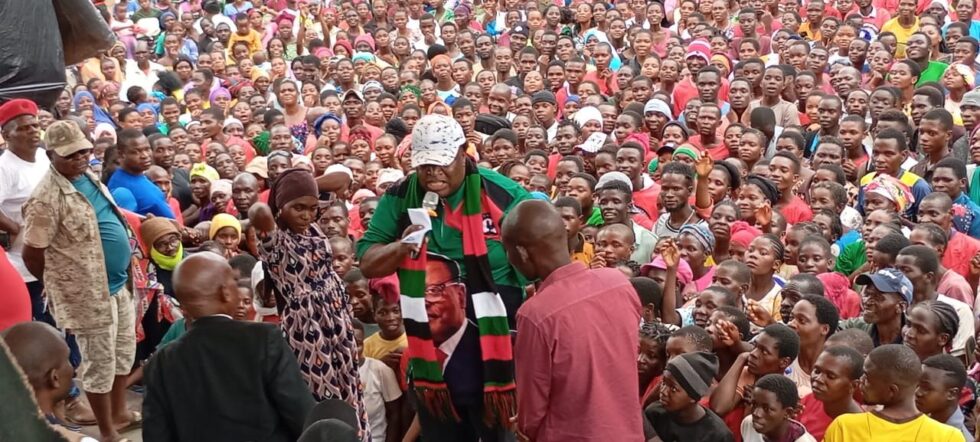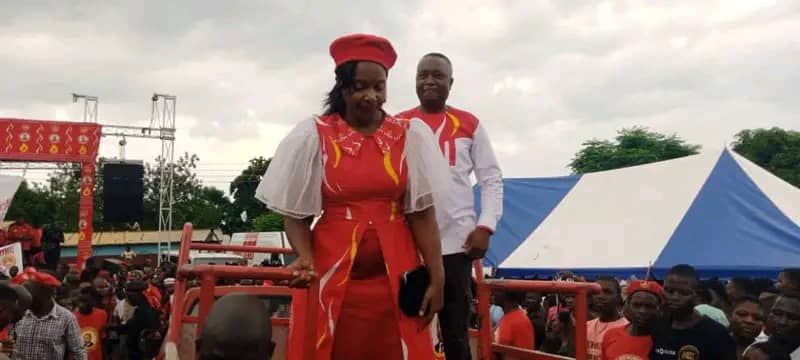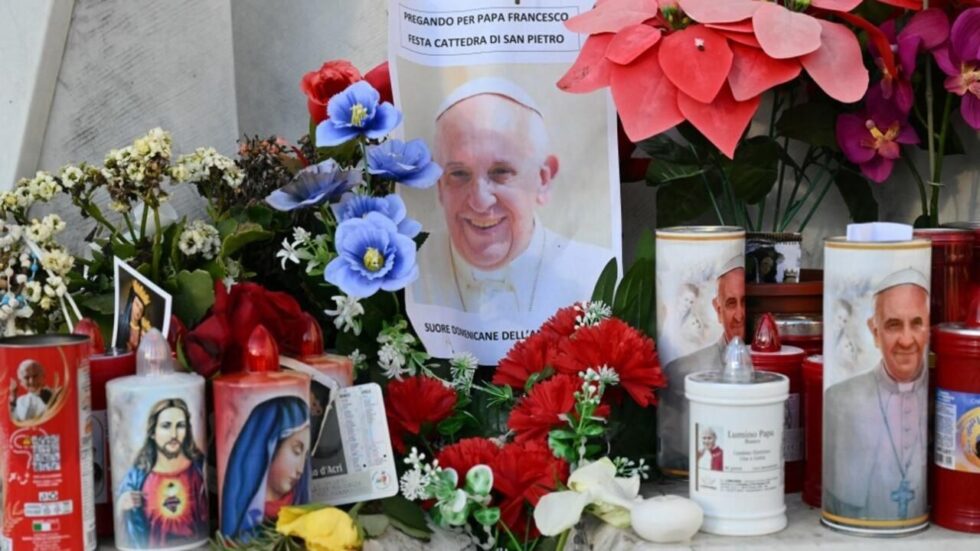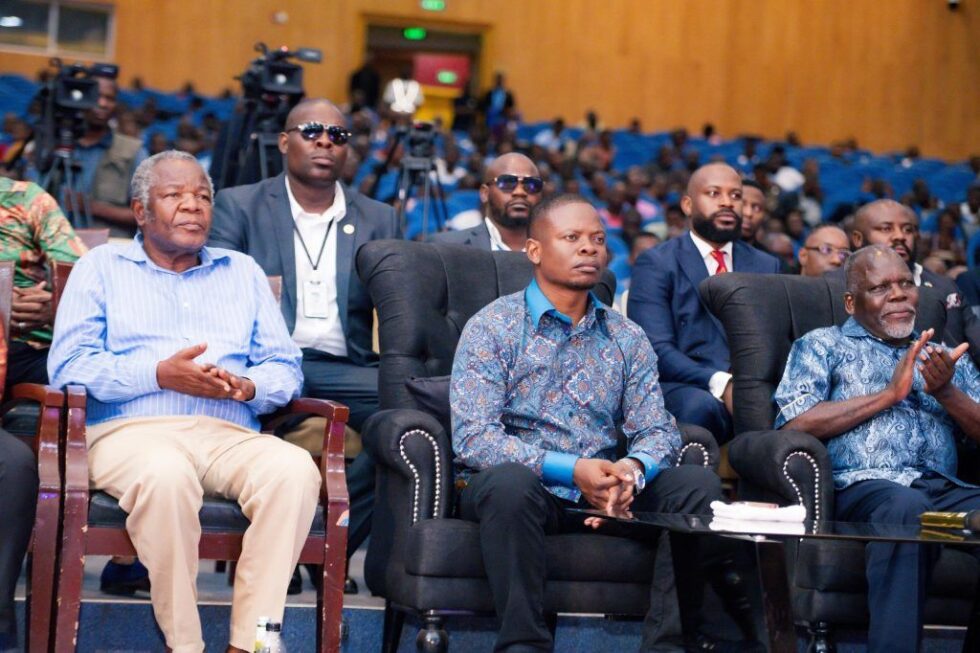By Durell Namasani
In a historic and symbolic move, Malawi Congress Party (MCP) Campaign Field Marshall Ken Zikhale Ng’oma led a powerful rally in Luchenza, Thyolo, breaking the Democratic Progressive Party (DPP) stronghold and marking a significant shift in the political landscape of the Southern Region. Thousands of supporters attended the rally, demonstrating unwavering support for MCP and its leader, President Dr. Lazarus Chakwera.
Zikhale, known for his strategic prowess, made a bold statement by entering what is traditionally considered DPP’s “main bedroom” in Thyolo. The attendance was testament,signaling the MCP’s growing influence in the region. The MCP leaders were met with jubilation from the crowd, who chanted Chakwera’s name and waved party flags, showcasing their desire and alignment with the MCP’s vision.

The rally, held at Luchenza Ground, was attended by high-profile MCP officials, including Vice President of the party Abida Mia, Deputy Director of Research Hon. Charles Josh, Deputy Director of Public Relations Hon. Bab Khamisa, Deputy Organizing Secretary Mai Selby Chisanga, and Southern Region Chairperson Hon. Peter Simbi. Also present was Brown Mpinganjira, adding to the significance of the event.
Despite the some rain, the enthusiasm of the attendees remained unshaken. Zikhale addressed the crowd, emphasizing the MCP’s commitment to development, unity, and good governance. He urged the people of Thyolo and the Southern Region to rally behind President Chakwera, highlighting the administration’s achievements and future plans.
The event underscored the MCP’s growing popularity in the Southern Region, traditionally a DPP stronghold. Zikhale’s strategic move to hold the rally in Thyolo sent a clear message: the MCP is determined to break barriers and unite the nation under its leadership.
.









